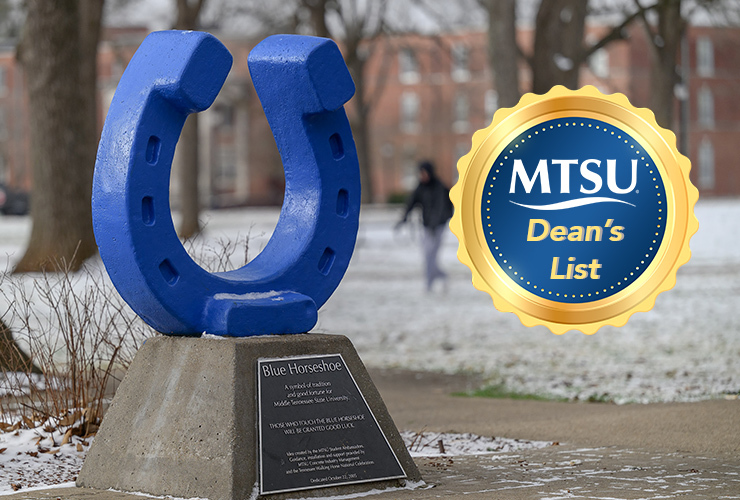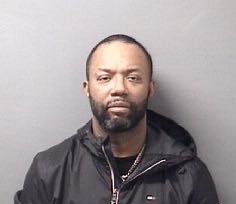YORK COUNTY, S.C. – With municipal elections set for November 4, 2025, it is especially important for residents to understand the different forms of government allowed in South Carolina and the varying authorities granted to mayors, councils, and administrators. The way a town or city is structured directly impacts how decisions are made, how services are delivered, and how much influence each elected office carries.
South Carolina municipalities operate under one of three forms of government: mayor-council, council, or council-manager. While each model distributes power differently, all legislative and policy-making authority ultimately rests with the elected council.
The state’s Home Rule Act of 1975 created these three systems, and municipalities may only change their form through a public referendum, which can be held no more than once every four years.
Mayor-Council Form (Strong Mayor)
The mayor-council form, often called the “strong mayor” system, grants substantial administrative power to the mayor.
- Council: Includes the mayor and at least four councilmembers. Council adopts the budget, establishes departments, and appoints the clerk, attorney, and judge.
- Mayor: Serves as both a voting councilmember and the city’s chief executive officer, overseeing daily operations, hiring and removing employees, supervising departments, and preparing the annual budget. The mayor must also present an annual financial report to council and the public.
This structure centralizes executive power in the mayor’s office, similar to a governor or president.
Council Form (Weak Mayor)
The council form—sometimes called the “weak mayor” model—places nearly all authority in the hands of the council.
- Council: Made up of five, seven, or nine members, including the mayor. Council holds legislative, policy, and administrative powers, adopts the budget, and may hire an administrator to assist.
- Mayor: Serves mostly a ceremonial role. The mayor presides at meetings by tradition—not statutory authority—and serves as spokesperson for council. The mayor has no greater power than any other councilmember and cannot break ties. If a vote ends in a tie, the measure fails.
This system makes the mayor “first among equals,” with little executive authority.
Council-Manager Form
The council-manager form combines elected policymaking with professional administration.
- Council: Includes a mayor and four, six, or eight members. Council sets policy, enacts laws, and adopts the budget. It hires a professional manager along with the city attorney and judge.
- Mayor: Has no more authority than any other councilmember. The mayor presides at meetings by tradition, serves as a spokesperson, and cannot break tie votes.
- Manager: Serves as the chief executive officer, overseeing staff, administering the budget, and advising council.
This model is often compared to a corporation: the council acts as the board of directors, while the manager functions as the CEO.
Shared Responsibilities
Across all forms:
- Councils must meet at least once a month.
- Special meetings may be called by the mayor or a majority of council.
- Councils must follow the South Carolina Freedom of Information Act for public notice, agendas, and minutes.
- All councils appoint the municipal clerk, attorney, and judge.
York County’s Five Municipalities
Here’s how the five towns and cities in York County are organized:
- Tega Cay – Council-Manager form
- Fort Mill – Council-Manager form
- Rock Hill – Council-Manager form
- York – Council-Manager form
- Clover – Council form (weak mayor)
None of York County’s municipalities operate under the mayor-council, or “strong mayor,” structure.
Why It Matters for Voters
For voters heading to the polls in November, understanding these differences clarifies where power lies in their community. In most York County cities—Fort Mill, Rock Hill, York, and Tega Cay—professional managers carry executive authority, while elected councils focus on policy. In Clover, the council itself retains executive responsibilities, with the mayor serving mainly as a presiding officer and spokesperson.
These distinctions shape not only how local governments function but also what residents can expect from the candidates they elect this fall.
Learn more: Municipal Association of South Carolina. Forms and Powers of Municipal Governments.
Sign up for our Sunday Spectator. Delivered to your inbox every Sunday, with all the news from the week.











